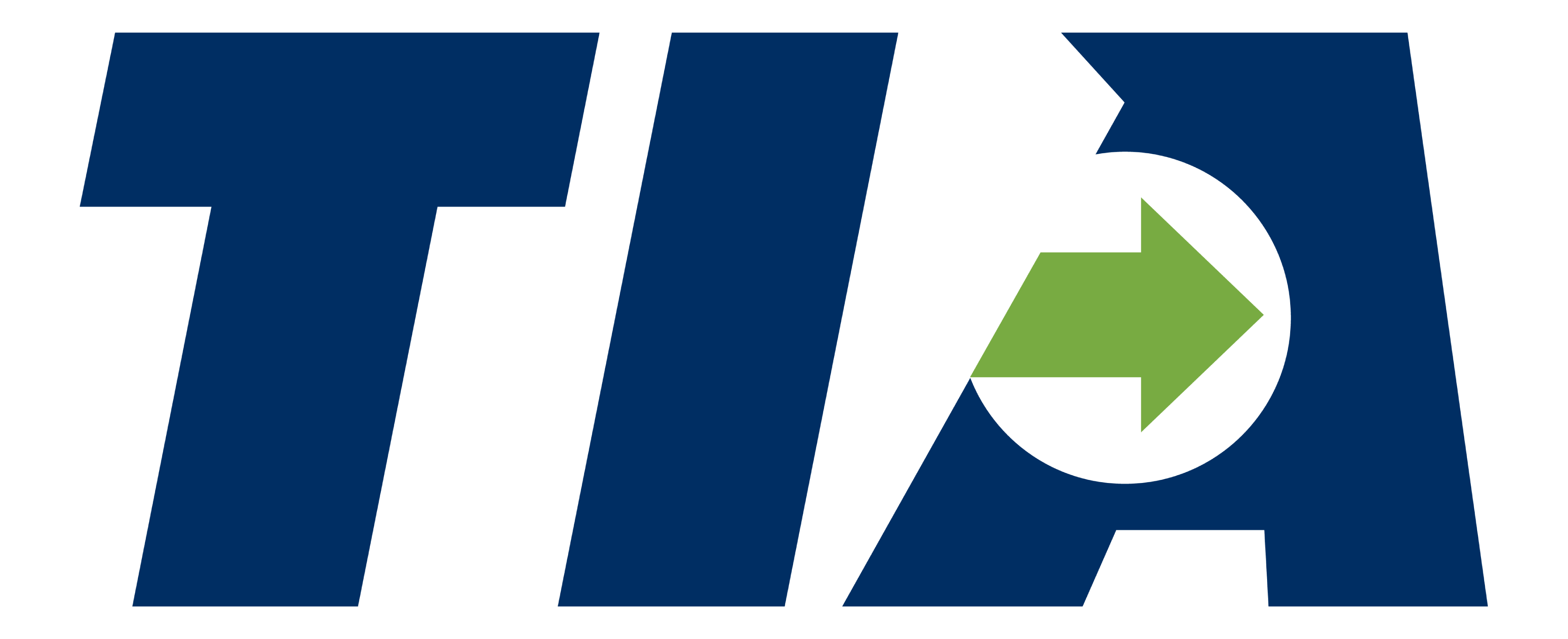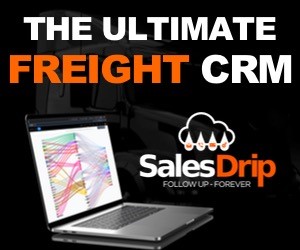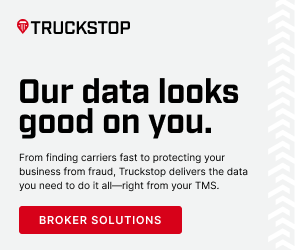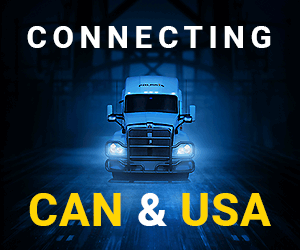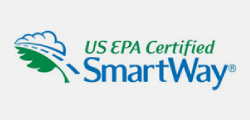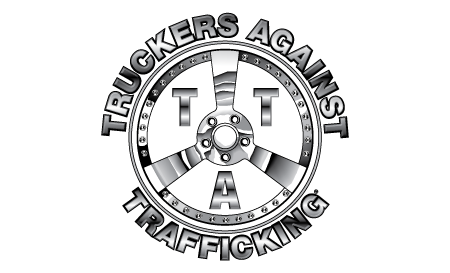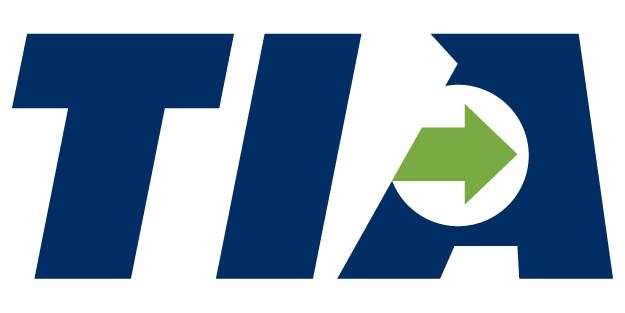50 Meetings in 10 Days.
TIA Government Affairs Works with Members of Congress to Discuss Biggest Issues Facing Our Members
Scott Marks | Government Affairs Manager | TIA
In March 2020, the supply-chain world as we knew it was flipped on its head. America’s 22 trillion-dollar economy came to an abrupt halt and we stopped shipping freight. This impacted everyone in the trucking industry—shippers, third-party logistics companies, and carriers—however, some narratives and headlines have suggested TIA Members have been taking massive margins off-the-top of the cost to move goods. This could not be further from the truth. The transportation industry – like many industries in the American economy – is hurting right now as a result of the impact of COVID-19. We are not immune from the recession; our members are living and working through this national nightmare.
Last month, protests on the National Mall and in front of the White House caught the attention of lawmakers and the President of the United States. Claims made by protesters have dominated the news cycle and we found it of the utmost importance that we set the record straight. Third-party logistics companies are data people and everything they do is steeped in data. So, we stick to the facts because the facts speak for itself.
One of the asks raised by carriers is for policymakers to enact sweeping change of industry standards to stop the practice of entering into contracts on disclosure agreements regarding transaction information when under contract from our member’s customers, the shippers.
Every day, shippers across the country enter into binding contracts with brokers to move freight while asking to keep communications and information proprietary – including company information, freight lanes, and margin information. It’s these contracts and non-disclosure agreements that our TIA Members must respect and honor by not releasing information to any other parties, including carriers.
Here’s an example to put things in perspective. Nike would ask a TIA Member, “Company A,” to keep their supply-chain transaction private due to the highly competitive sporting goods market they participate in. Nike does everything in their power to keep competitors like Adidas at a distance, and not revealing supply-chain information is part of that competitive advantage. Therefore, it is extremely important that “Company A” keeps the transaction confidential—the success of Nike’s business is dependent upon it.
Another ask is to release all margins, on every load.
How would government-mandated price transparency exist in a free, open and competitive market? Think about walking into your local superstore to buy a t-shirt and on every tag, there are two prices. One price is the amount you pay to purchase the shirt. The second price listed on the shirt states the actual cost of making the shirt.
The substantial changes protesters are calling for would be industry-wide and sweeping and would have real long-term consequences for TIA Members and small trucking companies nationwide. TIA Members not only work with ocean barge, aircraft and rail but also with an expansive network of thousands of trucking companies. TIA Members act as a sales force, directing business to thousands of trucking companies every day.
Our TIA Government Affairs team has had several successful meetings with Members of Congress, including Representative Peter DeFazio (D-OR-04), Chairman of the House Committee on Transportation and Infrastructure. Congressional Members and their staff were attentive, they asked questions and understood the issues. Ultimately, in my opinion, they seemed to agree with TIA’s position — that re-regulating an already transparent market during a down economy will do more harm than good, it is a solution in search of a problem.
TIA continues to monitor issues of all sizes and scope that go to the heart of our members. We are committed to educating policymakers on why protecting our members’ proprietary information is critical and we look forward to working with Members of Congress to develop policy solutions that protect all stakeholders in the transportation industry.
